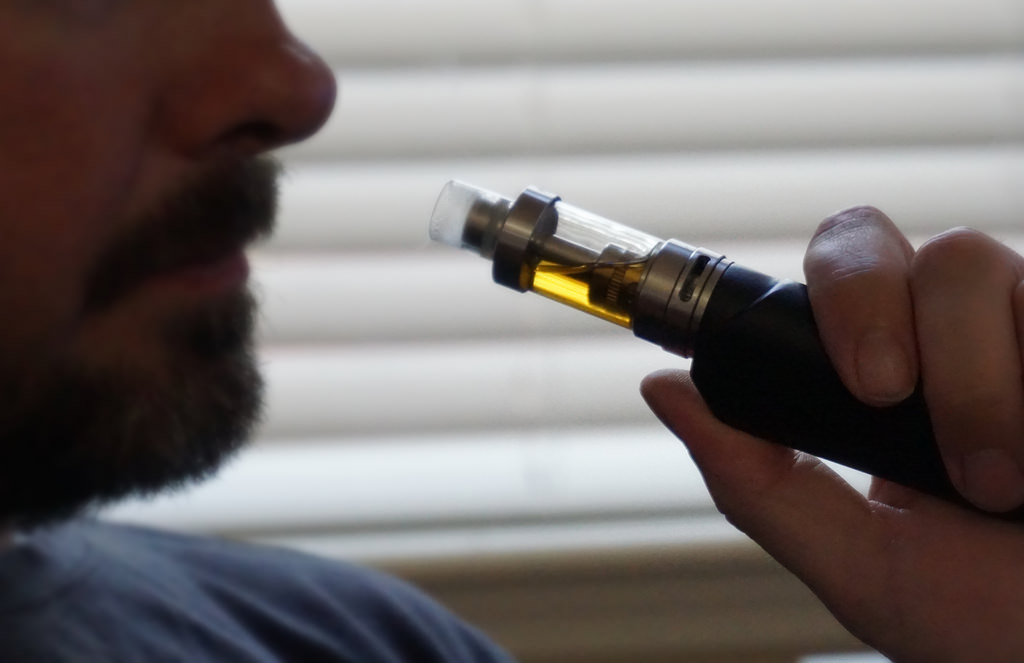Government Revokes Removable Battery Rule for Vapes Amid Legal Challenge
“Cabinet was advised that taking this step was the best way to resolve the case,” said Associate Health Minister Casey Costello, confirming that the court proceedings can now be withdrawn.

- Country:
- New Zealand
In a significant policy reversal, the New Zealand Government has announced it will revoke the 2023 regulation that required all vaping devices to have removable batteries. The move, set to take effect on 1 September, aims to resolve a legal dispute initiated by Mason Corporation Limited, a major player in the vaping industry.
Legal Challenge Prompted Policy Reversal
The 2023 regulation was introduced under the previous Labour Government and formed part of a broader framework of vaping controls. However, it quickly became the subject of a court challenge by Mason Corporation, which argued that the regulation imposed unreasonable constraints on vape product design and market availability.
After reviewing legal advice, the current Government determined that revoking the rule was the most prudent course of action.
“Cabinet was advised that taking this step was the best way to resolve the case,” said Associate Health Minister Casey Costello, confirming that the court proceedings can now be withdrawn.
Vaping Devices Can Retain Built-In Batteries
Once the changes are gazetted, vaping products will no longer be legally required to have removable batteries—meaning manufacturers and importers can continue to supply and sell products with built-in power sources, as is standard for many models internationally.
This decision brings regulatory alignment with vape manufacturing norms in other countries and responds to industry concerns that the removable battery requirement created safety risks, product design challenges, and compliance burdens without clear public health benefits.
No Negative Impact on Smoking or Vaping Rates Expected
Minister Costello reassured the public that this regulatory change is not expected to hinder New Zealand’s broader tobacco harm reduction goals. “It is not expected that the revocation will negatively impact our falling smoking or vaping rates,” she said.
She highlighted that the Government’s broader vaping control measures remain firmly in place, including a legislated ban on disposable vapes—products widely criticised for their appeal to youth and environmental harm.
“These [disposable vapes] have been the most popular products among young people, and these are now off the market,” said Costello. “That is a major win for youth health and aligns with our harm minimisation strategy.”
Striking a Balance Between Regulation and Innovation
The move underscores the Government’s balancing act between regulatory control and market innovation in the fast-evolving vaping sector. While committed to preventing youth uptake and curbing nicotine addiction, policymakers are also under pressure to create a legally sound, enforceable, and commercially viable regulatory regime.
This revocation appears to mark a shift toward more pragmatic regulation, recognising that overly restrictive rules—such as the removable battery mandate—may lead to unintended consequences, such as market disruption, consumer confusion, and legal uncertainty.
A Revised Approach to Vape Regulation
The revocation comes amid a broader reassessment of New Zealand’s approach to vaping and tobacco regulation. Since taking office, the new Government has signalled a shift from prohibition-style controls to a more evidence-based, targeted regulatory framework that supports smoking cessation without encouraging youth vaping.
This includes:
-
Banning disposable vapes, which account for a significant share of youth vaping.
-
Restricting vape store proximity to schools and marae.
-
Requiring plain packaging and fewer flavours.
-
Maintaining age restrictions and penalties for non-compliance.
While the vaping industry has welcomed the revocation as a victory for common sense and product innovation, health advocates will be watching closely to ensure the Government remains vigilant about youth uptake, long-term health impacts, and industry accountability.
Looking Ahead
With this revocation, the Government has taken a decisive step to resolve legal friction while maintaining its commitment to vaping reform. As of 1 September, the market for vaping devices in New Zealand will regain flexibility in design and product offerings, provided they adhere to the core public health safeguards still in force.
The Government is expected to continue refining its regulatory approach to ensure both consumer safety and public health goals are met—especially in a sector as dynamic and polarising as vaping.










